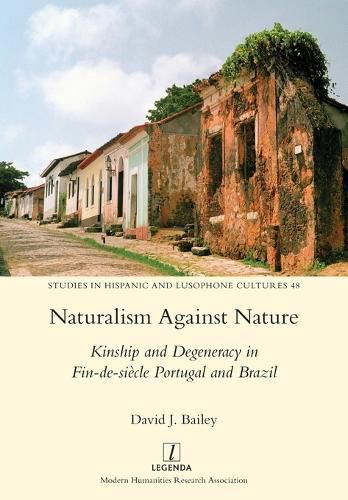Readings Newsletter
Become a Readings Member to make your shopping experience even easier.
Sign in or sign up for free!
You’re not far away from qualifying for FREE standard shipping within Australia
You’ve qualified for FREE standard shipping within Australia
The cart is loading…






This title is printed to order. This book may have been self-published. If so, we cannot guarantee the quality of the content. In the main most books will have gone through the editing process however some may not. We therefore suggest that you be aware of this before ordering this book. If in doubt check either the author or publisher’s details as we are unable to accept any returns unless they are faulty. Please contact us if you have any questions.
‘On one such occasion, he stopped in front of the mirror and looked at himself very carefully, trying to discover on his discoloured face anything, any sign that would denounce the black race. He observed himself well, separating his hair at the the roots, stretching the skin on his cheeks, examining his nostrils and teeth; finally he flung the mirror onto the dresser, consumed by an immense and fathomless dissatisfaction.’
An age of freak shows, sexual pathologies and scientific racism, the late-nineteenth century saw doom-laden predictions made about the future of Europe’s cultural and economic periphery, supposedly beset by endemic licentiousness and darker skin. Querying the widespread view that Naturalist literatures reinforced such prejudices, David J. Bailey charts their playful travels around the Lusophone world, where a perceived breakdown of family, nation and empire both confirmed and threatened the authority of European ‘science’. Drawing on queer and postcolonial theory, contemporaneous thought, and encompassing a range of extraordinary and often humorous texts, from scandalised tales of pederasty to the biting social critiques of Eca de Queiros, Bailey uncovers a dynamic, transatlantic network of Portuguese and Brazilian writers who, in compelling and remarkably similar ways, resisted the devastating implications of ‘scientific’ approaches to life and love at the fin de siecle.
David Bailey is a Lecturer in Portuguese Cultural Studies at the University of Manchester.
$9.00 standard shipping within Australia
FREE standard shipping within Australia for orders over $100.00
Express & International shipping calculated at checkout
This title is printed to order. This book may have been self-published. If so, we cannot guarantee the quality of the content. In the main most books will have gone through the editing process however some may not. We therefore suggest that you be aware of this before ordering this book. If in doubt check either the author or publisher’s details as we are unable to accept any returns unless they are faulty. Please contact us if you have any questions.
‘On one such occasion, he stopped in front of the mirror and looked at himself very carefully, trying to discover on his discoloured face anything, any sign that would denounce the black race. He observed himself well, separating his hair at the the roots, stretching the skin on his cheeks, examining his nostrils and teeth; finally he flung the mirror onto the dresser, consumed by an immense and fathomless dissatisfaction.’
An age of freak shows, sexual pathologies and scientific racism, the late-nineteenth century saw doom-laden predictions made about the future of Europe’s cultural and economic periphery, supposedly beset by endemic licentiousness and darker skin. Querying the widespread view that Naturalist literatures reinforced such prejudices, David J. Bailey charts their playful travels around the Lusophone world, where a perceived breakdown of family, nation and empire both confirmed and threatened the authority of European ‘science’. Drawing on queer and postcolonial theory, contemporaneous thought, and encompassing a range of extraordinary and often humorous texts, from scandalised tales of pederasty to the biting social critiques of Eca de Queiros, Bailey uncovers a dynamic, transatlantic network of Portuguese and Brazilian writers who, in compelling and remarkably similar ways, resisted the devastating implications of ‘scientific’ approaches to life and love at the fin de siecle.
David Bailey is a Lecturer in Portuguese Cultural Studies at the University of Manchester.